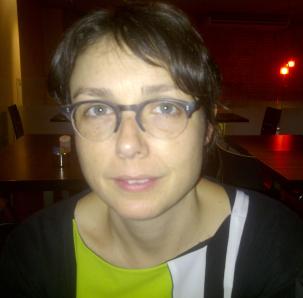Event

Portal of Call: A Maritime Economy of Film
Dubai rarely comes to mind as a central node in the film industry. And yet it is fast entering the sector in ways that challenge our typical rubrics of study. The last decade witnessed its film festival striving to broker international cinematic trade. Playing on Dubai’s strength as one of the world’s largest ports, the accent has fallen on principles common to its import-re-export and logistics specialisms, the latter crucial to the expansion of neoliberal practices. More recently, there have been moves to diversify into film production in readiness for a post-oil economy. Studio City encompasses soundstages and backlots, aiming to attract local and “runaway” enterprises. Also networked into the port infrastructure, this centralized filmmaking complex is a designated free economic zone, benefitting from its strategic geographical location and its extra-territoriality when it comes to legislation and taxation. What are the political consequences of the “off-shoring” that takes place within this “City”, simultaneously inside and outside the Municipality of Dubai? Given that an estimated 89.8% of Dubai’s workforce does not hold citizen rights to this land and that free zones forbid unionization, urgent issues arise concerning how cinematic capital and creative labour are managed geopolitically.
Kay Dickinson is an Associate Professor of Film Studies at Concordia University, Montreal. She is the author of Off Key: When Film and Music Won’t Work Together (Oxford University Press, 2008) and a co-author of Film Studies: A Global Introduction (Routledge, 2015). Articles of hers on various aspects of Arab cinema have appeared in Camera Obscura, Cinema Journal, Screen, Framework, and Screening the Past, and her monograph Arab Cinema Travels: Transnational Syria, Palestine, Dubai and Beyond is due out in 2016.
